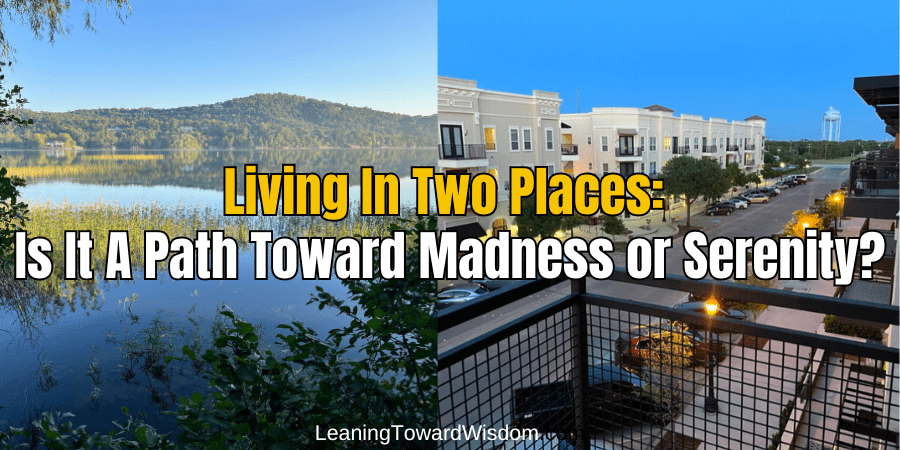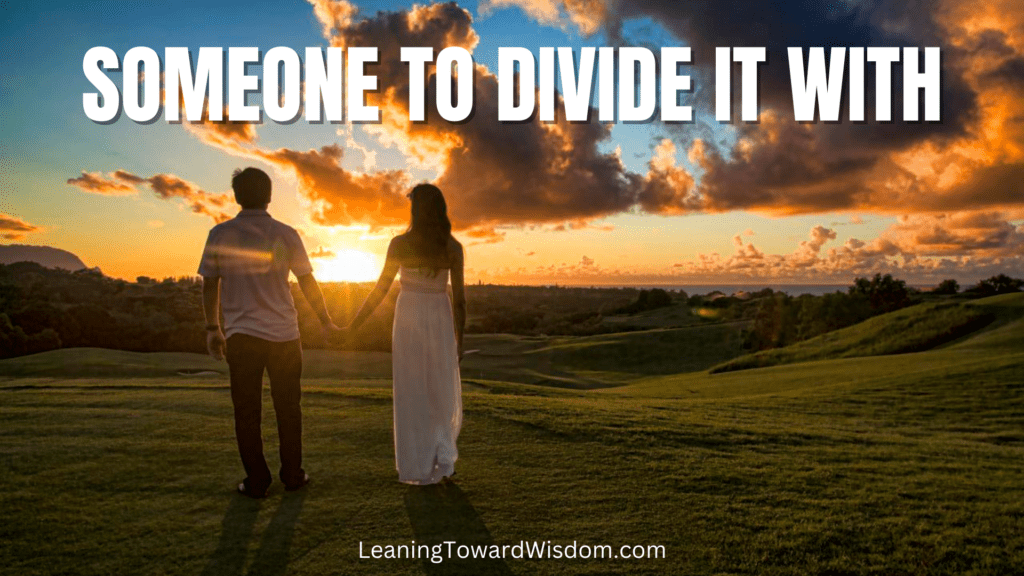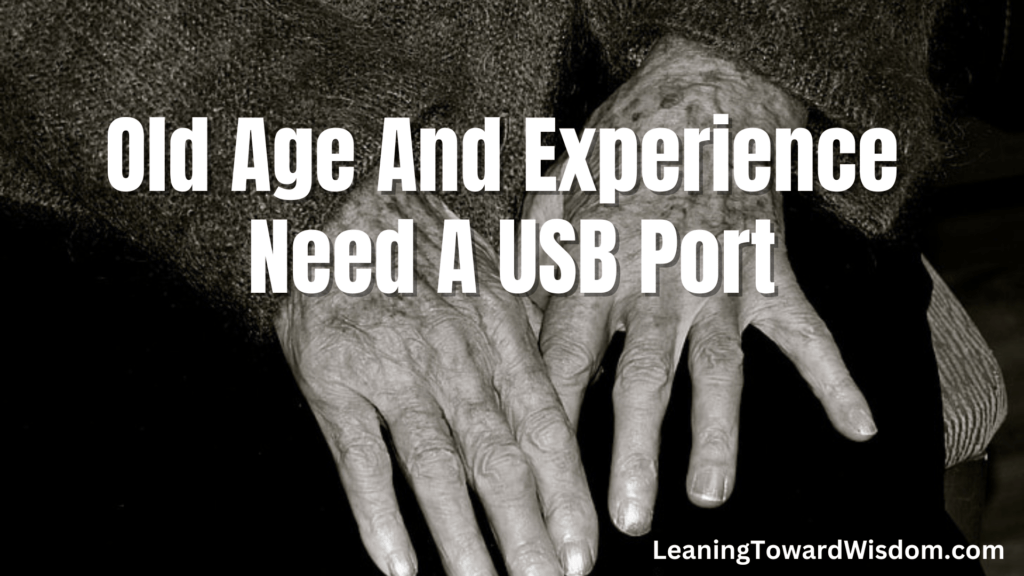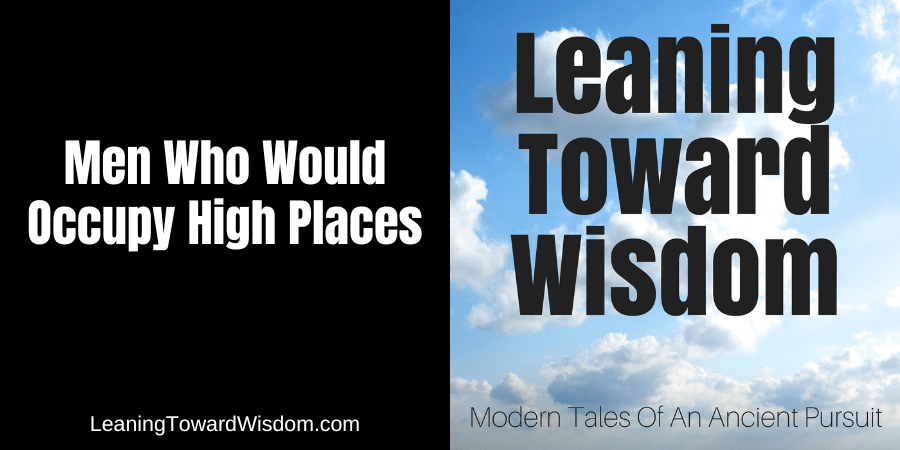Living In Two Places: Is It A Path Toward Madness or Serenity?
Podcast: Play in new window | Download (Duration: 46:02 — 21.1MB)
Subscribe: Apple Podcasts | Spotify | iHeartRadio | Email | RSS | More
There’s a Chinese proverb that declares owning two houses is a path toward madness. That’s probably true, but I wouldn’t know. I’ve never owned two houses ’cause I’ve never been part of the rich and famous. 😉
I’m practical. And I’m not rich by American standards, but I’m extremely wealthy by global standards (and by my own measurements). I’m content with my life and grateful for every blessing – most of them are priceless any way!
From my practical viewpoint I’ve never quite understood folks who maintain multiple houses. Even the super rich. The exceptions are those folks who spend a lot of time in multiple places. Do the math and it just doesn’t make much sense to me. I remember reading about super rich who own homes all over the world. This particular article mentioned how many days each owner was at any given house. Outside of their primary residence, most spent mere days at the other places. At most. Some admitted they had not visited some of their houses in over a year. Yet, these houses – admittedly mansions each and every one – had hundreds of thousands invested annually just to maintain them. Given that you can rent anything from a single bedroom to a mansion, I just haven’t figured out the economic sense of that kind of home ownership. But it’s their money and I respect their right to do what they want with their own money. I don’t get a vote. I don’t want a vote, but I would like to understand. Could be it’s far more satisfying to claim ownership of all those houses.
At a more common level may be people who have a primary house, then some vacation house. Years ago I first encountered somebody up lived in a northern state. They’d talk about going to “the cabin” on a weekend. I had visions of some nice getaway place in a remote area. Maybe on a lake. Certainly in some woods. Turns out they had a very small place in a more touristy area that was by a lake. I never saw it in person, but pictures of it showed it was a very modest little 2-bedroom, 1-bathroom house built decades ago. They had purchased it for under $50,000 many years ago and the annual cost was as close to nothing as you could probably get. They’d go visit this place each month, sometimes more. Rather than plan annual vacations they had decided – years earlier – to invest in a single place they felt they could enjoy year after year. That made sense to me.
I know some other folks who invested in a vacation place they weren’t able to visit more than a couple of times a year, but it was a place where they hoped to retire one day. As the years rolled on, the property value increased proving they had made a smart purchase by buying it when they could afford it. In some cases, the cost of living in some of these places escalated beyond their reach and they found it better to sell. Sure, they made a handsome profit, but that retirement goal was completely wrecked. In other cases, the property value went up but the people could still afford to cash out of their primary residence to retire to what was once their vacation house.
Having a second place to go – a place to get away to – appeals to many of us. Maybe it’s fully an American thing to own a second place versus being able to rent a place. Calling it our own certainly feels differently. But it can feel badly if it’s too expensive or too much work.
Sometimes the things that seem awesome turn out to become a big nightmare. Here’s an article by Financial Samurai, Reasons Why You Should Not Buy A Vacation Property.” You’ll find lots of online information and many horror stories. I’m sure for some, it works out magnificently, but it deserves sober thought and an awareness of what could go wrong.
But I’m not here to tell anybody what to do. Rather, I’m going to share what we’re doing and then you can figure out what lessons might benefit you.

Please tell a friend about the podcast!
• Join our private Facebook group
• Email me
Help Me Reach My $1,000 Goal
I plan to start vlogging from Hot Springs Village, Arkansas because the place is spectacular.
The scenery will make for a great backdrop. Plus, there are many places I’d like you to see.
To help, click the link (or the image below) to donate
Sweetwater Gift Certificates (use RandyCantrell [at] gmail [dot] com).
Thank you!
Living In Two Places: Is It A Path Toward Madness or Serenity? Read More »






